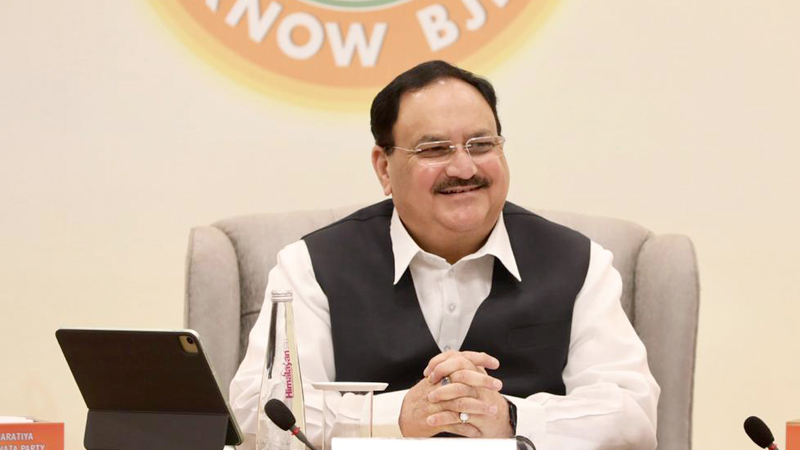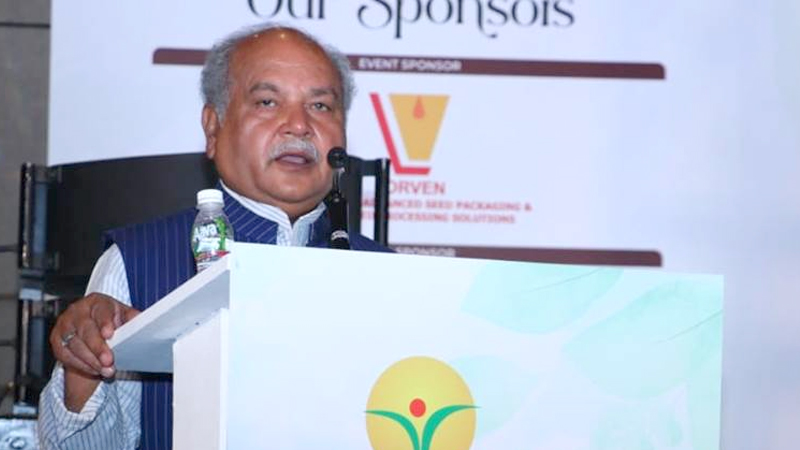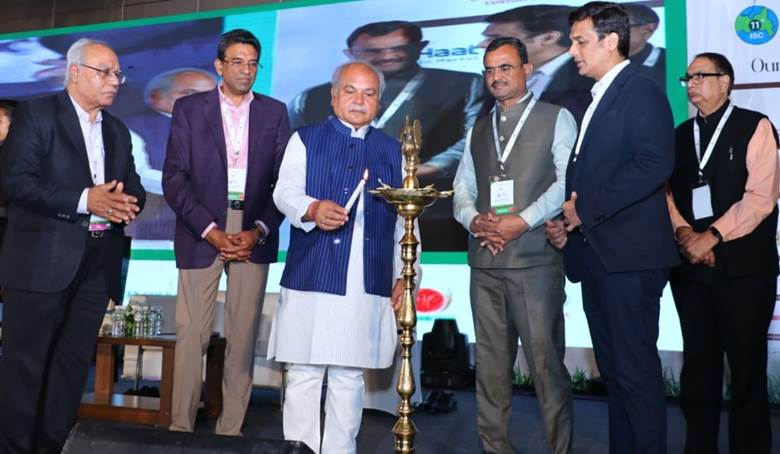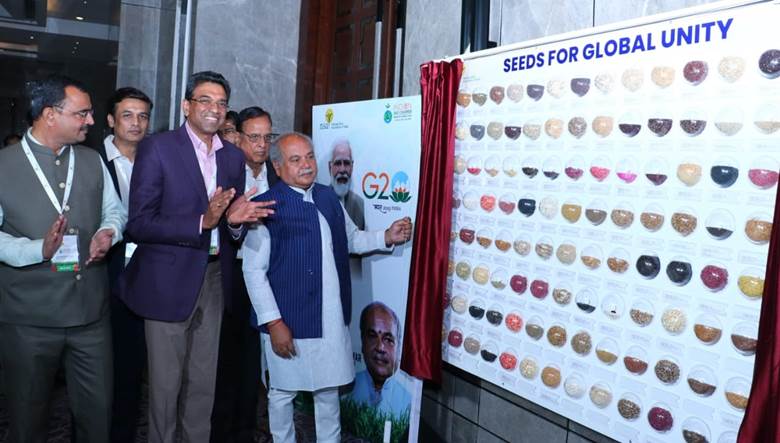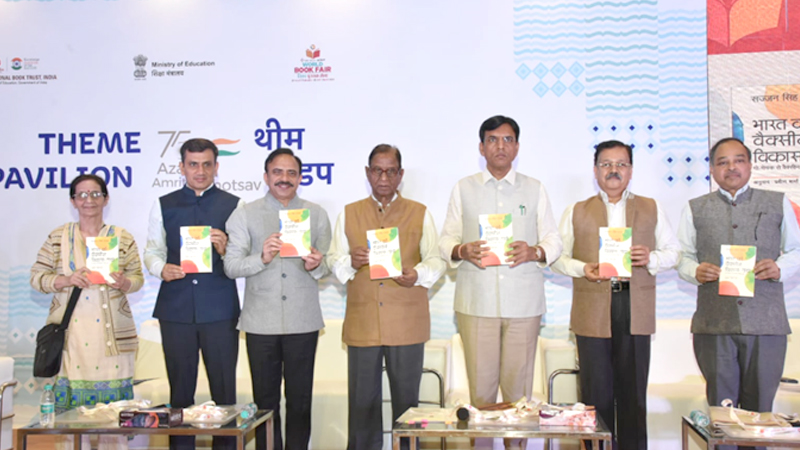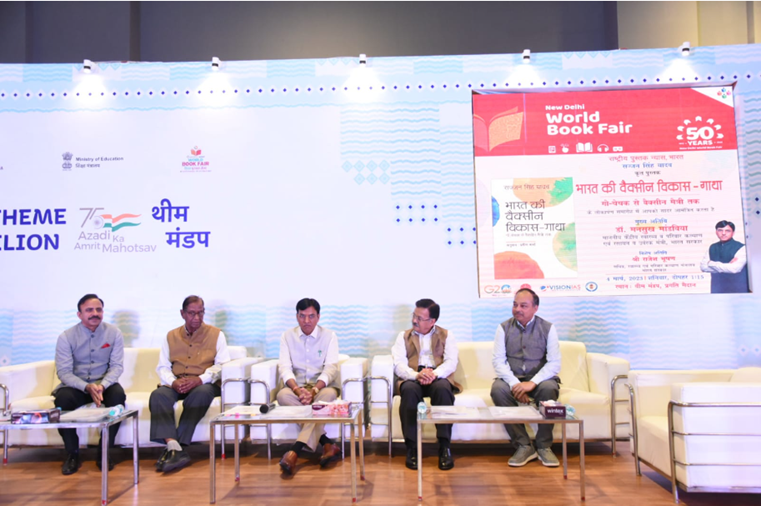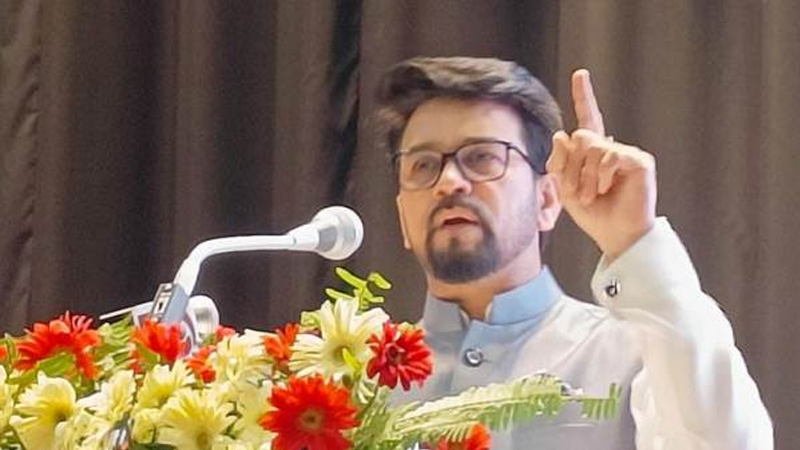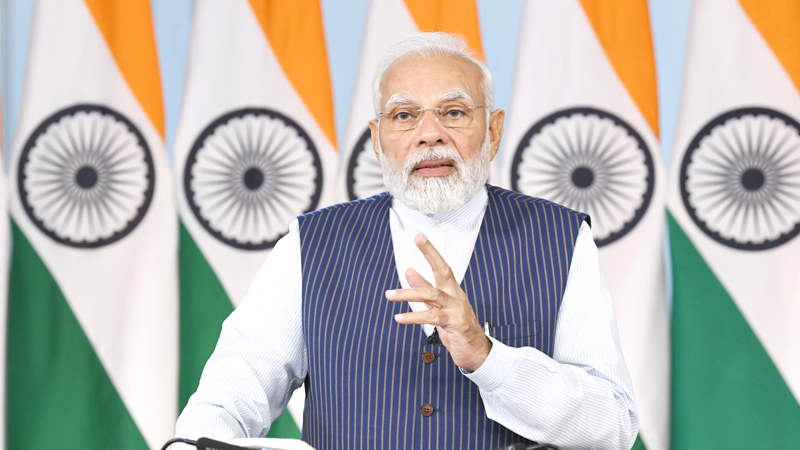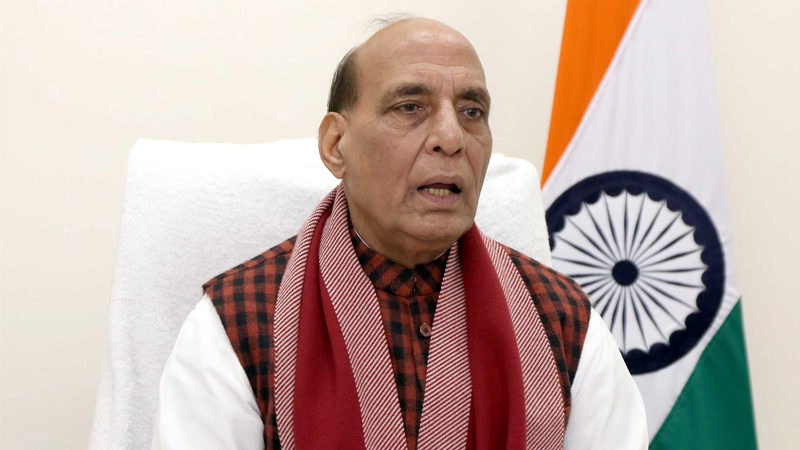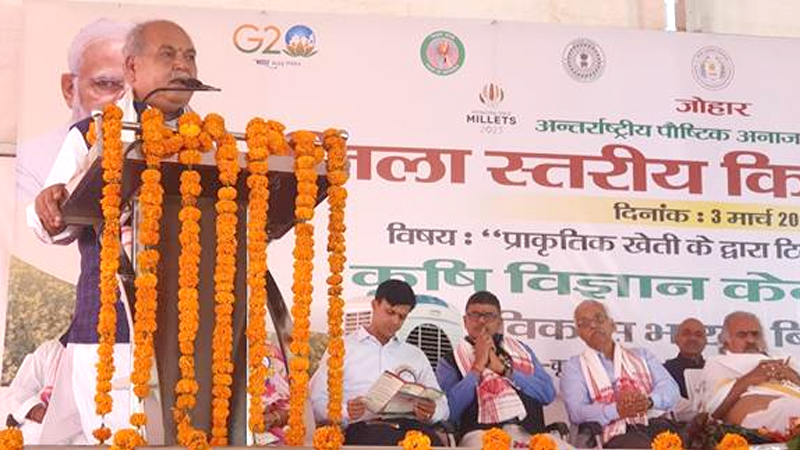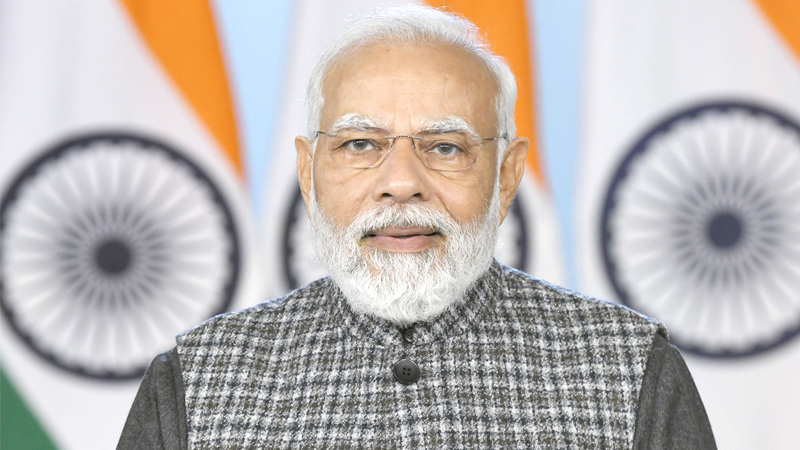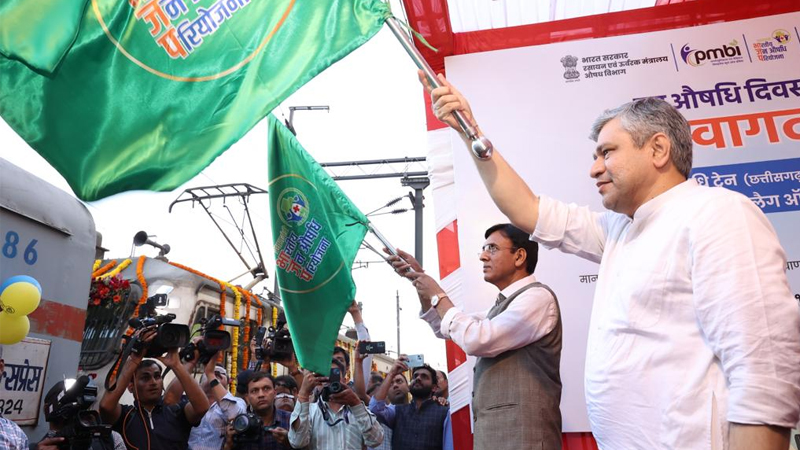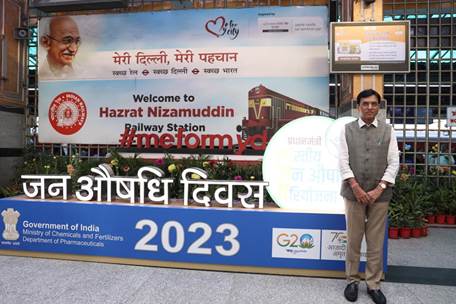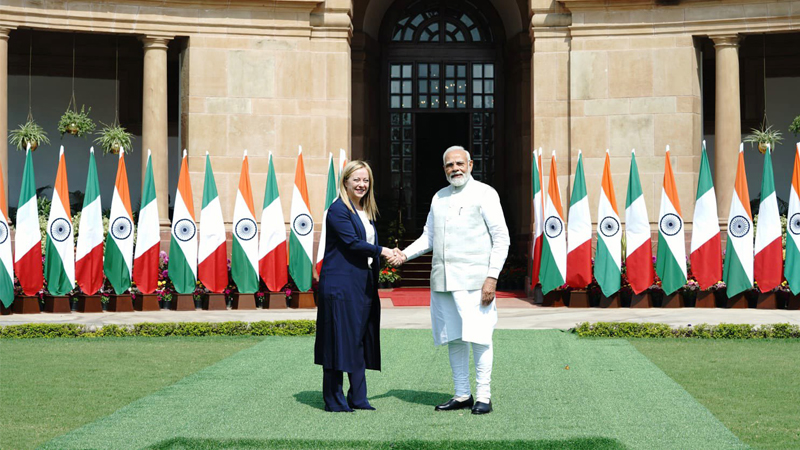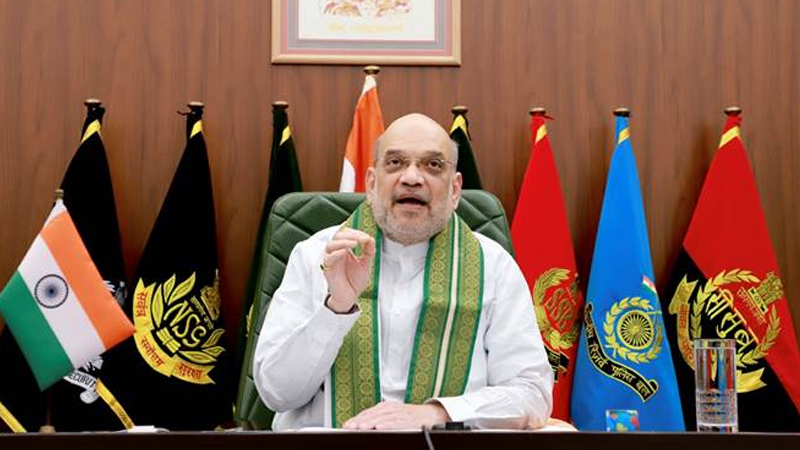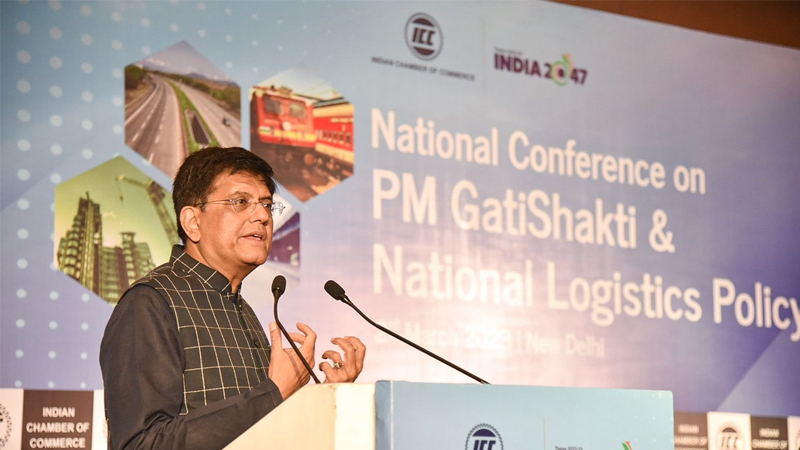Union Minister for Commerce and Industry, Consumer Affairs, Food and Public Distribution and Textiles, Shri Piyush Goyal said that PM GatiShakti National Master Plan and National Logistics Policy (NLP) together will greatly help both businesses and people, improve competitiveness, improve investment into India and give the world confidence that India is on the rise.
He was addressing the gathering at the Indian Chamber of Commerce’s (ICC) National Conference on GatiShakti in New Delhi today. Shri Goyal expressed his appreciation for the Indian Chamber of Commerce (ICC), which is based in Eastern India for coming to Delhi to engage with an initiative as crucial as GatiShakti.
Shri Goyal said that the world today recognized India as a leader of innovation. He observed that India has been rapidly developing new tools for good governance, ease of living, and ease of doing business, such as PM GatiShakti National Master Plan. He observed that gone were the days when India had to wait for decades for new ideas and technology to emerge in the west and adopt them to help our businesses and our people. He cited the Unified Payments Interface (UPI) framework as an example of India’s technological prowess, and an initiative which has had a deep impact on the country’s economy. He further informed that in December last year, India had clocked 7.28 billion digital financial transactions in one month, thanks to UPI. The Minister added that the world was now aspiring to adopt UPI for digital financial transactions.
The Minister emphasized that India was second to none in technology and new ideas, and that the PM GatiShakti initiative was yet another example of this capability. He recalled how the Prime Minister, about 15 years ago, conceived the idea of using geospatial technology to plan infrastructure better and set up BIZAG-N in Ahmedabad. He pointed out that the PM actively engaged with BIZAG during its formative years and planned infrastructure in Gujarat using the data points generated by the institute. As a result, Gujarat is far ahead of many other areas in terms of quality and speed of infrastructure development, he observed.
The Minister went on to demystify PM GatiShakti, explaining that it created layers of data where different geological, ecological and infrastructural elements across the country were mapped and captured. Currently, there are about 1300 layers of data, consisting of forests, wildlife sanctuaries, rivers, UNESCO world heritage sites, among others, he said and added that GatiShakti would not only address critical gaps in infrastructure but also help in planning social infrastructure such as schools, nursing homes, hospitals, etc.
The Minister further explained that the data layers of GatiShakti engage with each other through APIs, and if an alignment of a particular project was put into GatiShakti, it would highlight the challenges of implementation and help re-align the project, saving time and cost. He also highlighted that 12 states have digitized their land, which further strengthened the planning.
The Minister stated that no state has politicized GatiShakti, as it is an initiative that would help our businesses, our people and the economy as a whole. He added that reducing the cost of logistics is critical to achieving India’s goal of becoming a developed country by 2047. He stated that PM GatiShakti, if used well, will help bring down logistics costs tremendously. He highlighted that all highways, railways, ports, and airports were mapped on GatiShakti, which would help in building seamless connectivity networks and creating a positive impact on the logistics ecosystem.
The Minister lauded the Prime Minister’s efforts in galvanizing small and developing nations to demand a fair agreement in the interest of equity and balance between the developed and developing world, which was finally adopted in COP 21 in Paris. The Minister observed that every world leader today was looking up to India, and that there was no part of the globe that did not look up to PM Modi to find solutions to challenging global problems.
The Minister also highlighted the success of the government in meeting the basic needs of life for its citizens, including food, clothing, shelter, health and education. He mentioned that India’s healthcare program, Ayushman Bharat covered over 500 million people and said that the New Education Policy has been accepted and lauded across sections. These initiatives, Shri Goyal said, had made India’s population, especially the youth, highly aspirational.
The Minister stressed that GatiShakti is a national approach that has come out of exhaustive consultations and collective, collaborative efforts of countless stakeholders. He concluded by expressing confidence that with the enthusiasm that he saw among the people of the country and the turbo-powered work that is happening in several fields, India may surpass the mark of becoming a USD 32 trillion economy by 2047.


